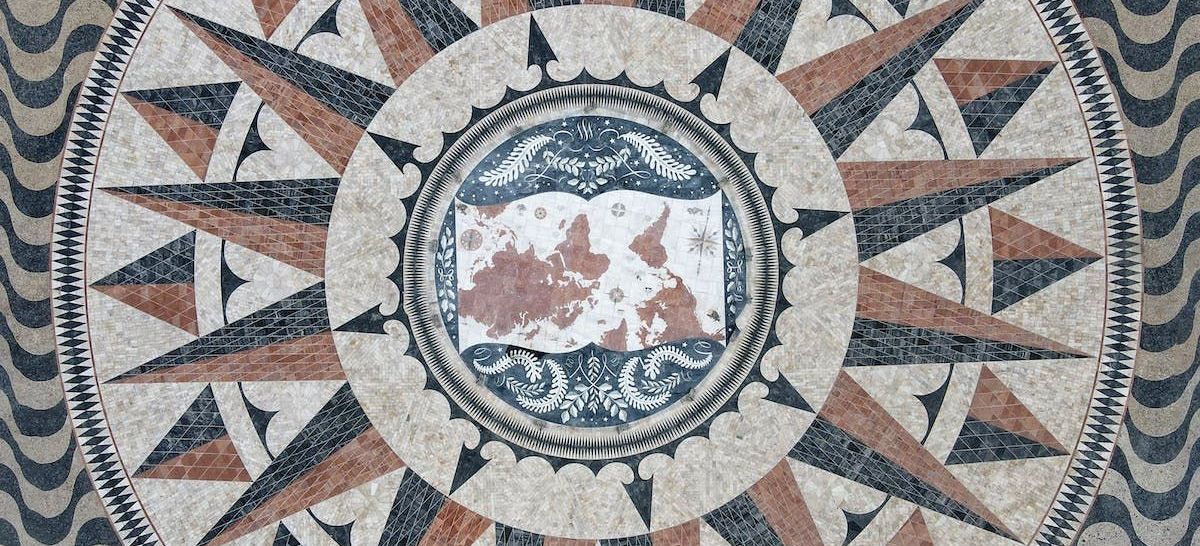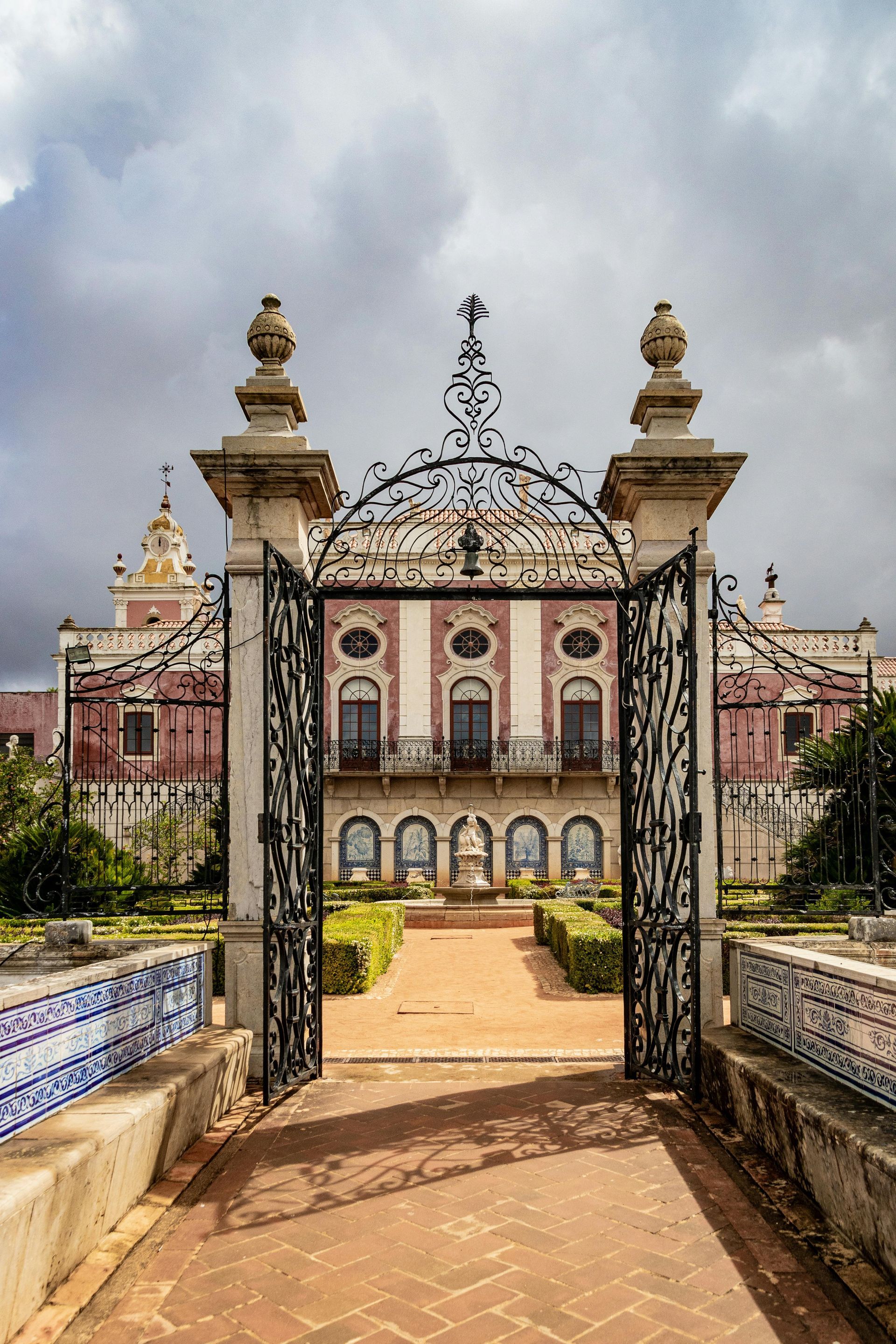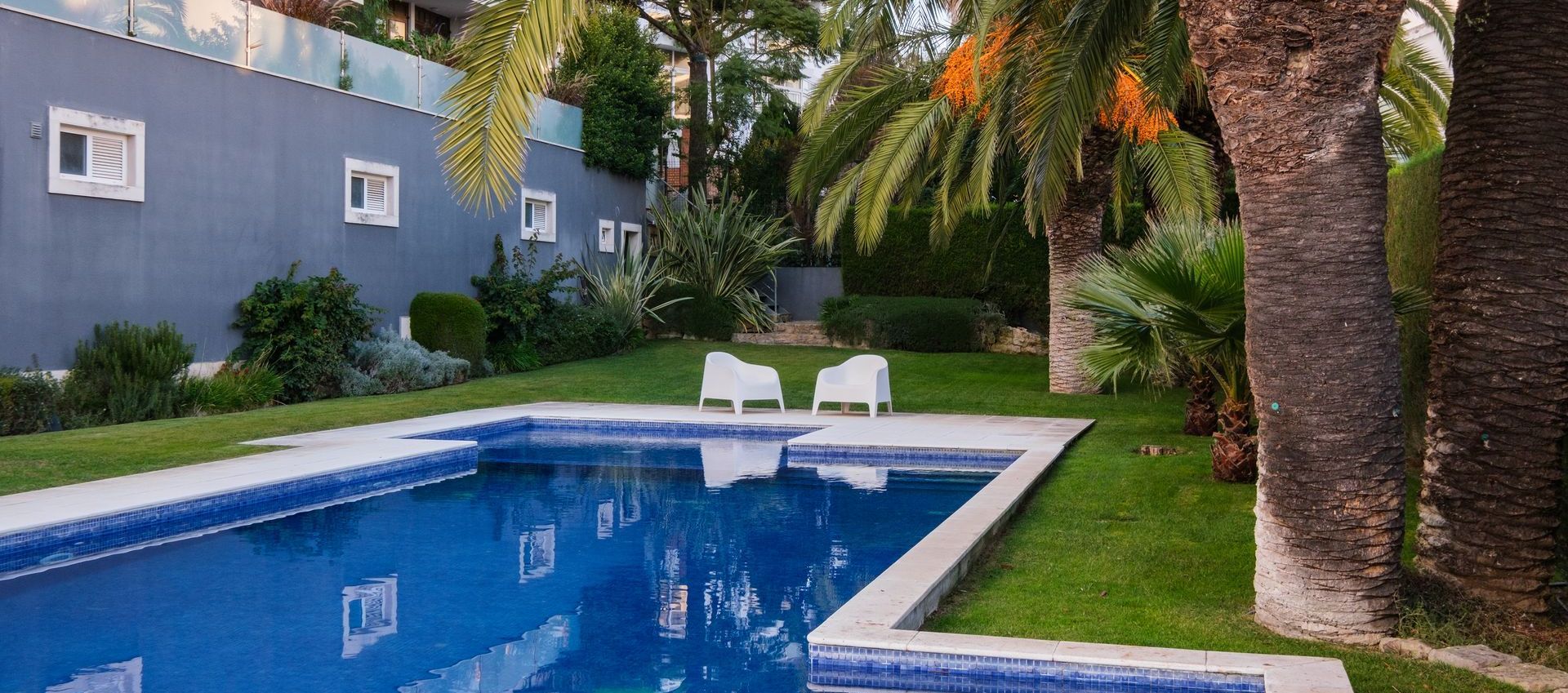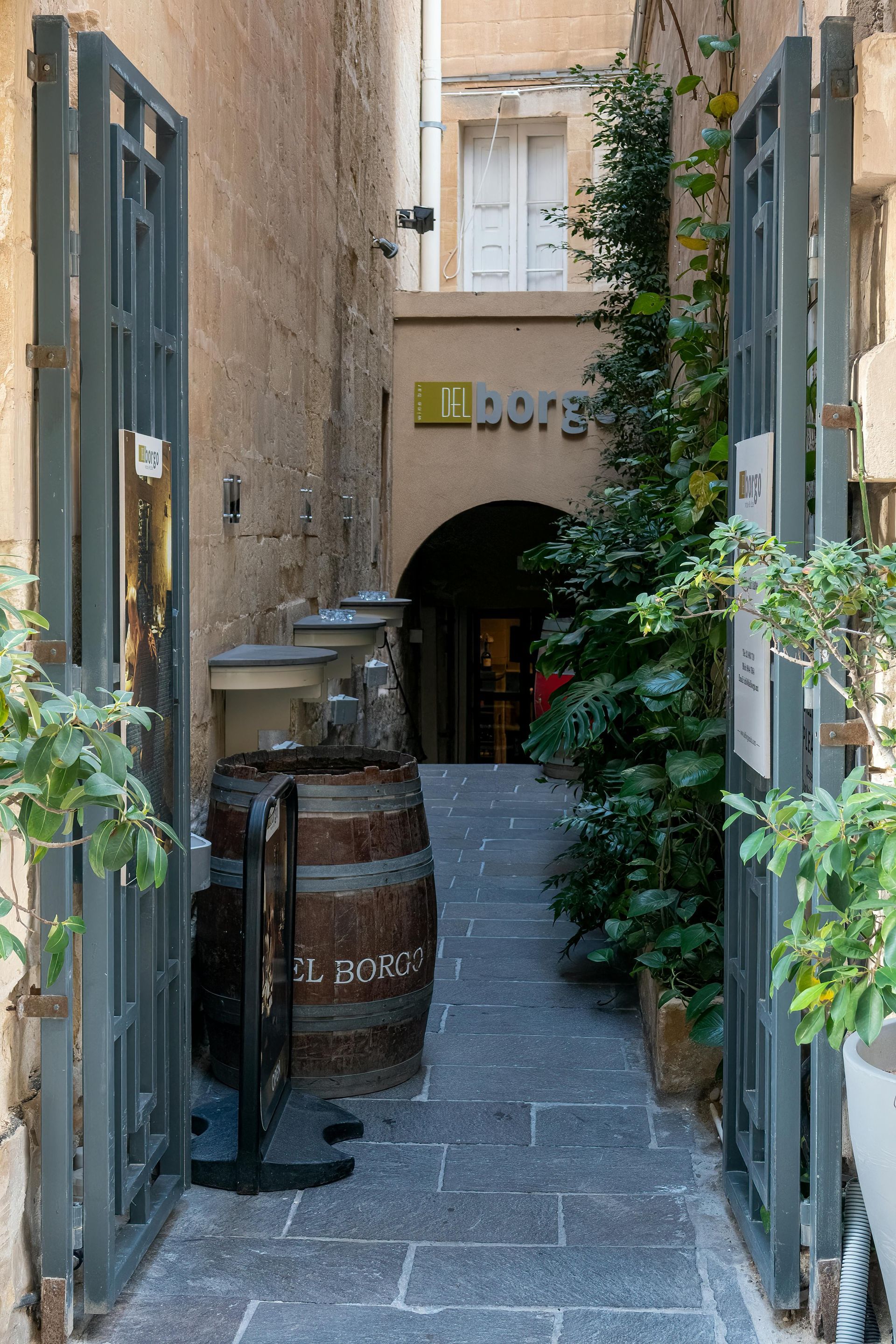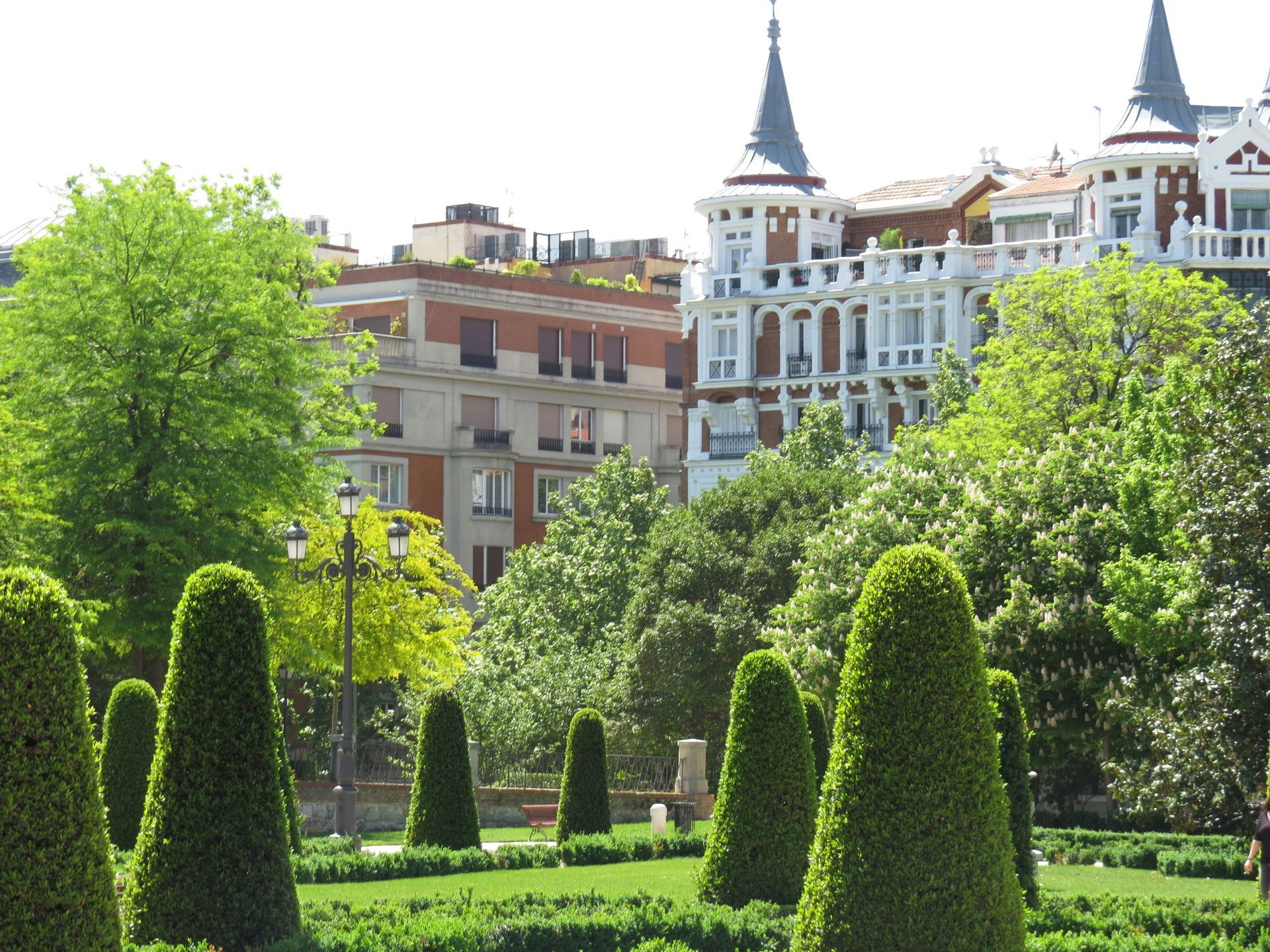Understanding Property Taxes in Portugal: A Guide for 2024
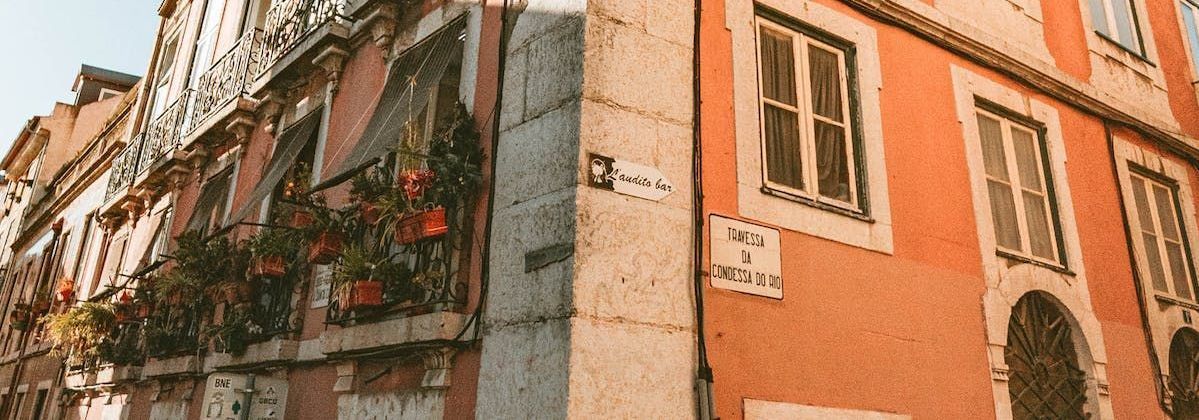
Index
- Introduction
- Property Taxes Overview
- Tax Rates and Calculations in detail
- Tax Benefits for Foreign Property Owners
- FAQ
- Conclusion
- Resources
1. Introduction to taxation in Portugal
In Portugal, property owners, including foreigners, are subject to various taxes. This guide provides an overview of these taxes for 2024, focusing on their impact on real estate investment.
2. Property Taxes Overview
Purchasing and Selling Real Estate: Tax Considerations
Taxation for Residents and Non-residents in Portugal
Portugal has a tax system that recognizes both individuals and companies as taxpayers. The tax rate applied to a taxpayer is influenced by their residential status. If one is a resident and earns a global income, they are taxed progressively between 14-48%. Non-residents, on the other hand, are taxed at a flat rate of 25% on income earned within Portugal.
To qualify as a Portuguese tax resident, one must live in Portugal for more than 183 days in a given year. However, this status is not automatic, and one must apply and register their address with the local tax authority. It is important to note that even short-term residents in Portugal, who stay for less than 183 days, are liable for tax on rental or property income.
If you're considering becoming a resident of Portugal, the D7 visa offers a pathway for those with steady passive income. Applicants must demonstrate an annual passive income of at least €9,120, a figure that adjusts with additional family members. Upon establishing tax residency, you may qualify for the Non-Habitual Resident (NHR) status, affording reduced tax obligations.
It's pertinent to note changes to the NHR regime effective from January 1, 2024. The original NHR program, providing significant tax advantages for new residents, will conclude at the end of 2023. A new iteration, focusing on specific professional domains, particularly in scientific research and innovation, will take its place. Eligibility for the revamped NHR includes transitional provisions for those meeting specific criteria by the end of 2023.
The D7 visa criteria and NHR status encapsulate Portugal's commitment to attracting individuals through beneficial tax measures, albeit with adjustments to cater to evolving economic and professional landscapes. For the most current advice tailored to individual circumstances, consulting with experts in Portuguese immigration and tax law is advisable.
In Portugal, the fiscal year starts on January 1st and ends on December 31st. Tax filings are due between April 1st and June 30th of the subsequent year.
3. Property Taxes in Detail
The rates for IMT range from 0% up to €97,064, with a maximum of 7.5% for properties valued over €1,050,400. The Annual Municipal Property Tax (IMI) varies from 0.3-0.8%, with exceptions for low-valued properties and those undergoing rehabilitation. Wealth tax is imposed on higher-value properties, with rates ranging from 0.7% to 1.5%.
Rental Income Tax Framework
The taxation on rental income for residents in Portugal varies based on their income. It ranges from 14.5% up to €7,091 to a maximum of 48% for those earning above €80,640. Non-residents are subject to a flat rate of 25%. In 2023, rental yield from residential real estate in Portugal increased by 1%, particularly in cities like Santarém and Coimbra, which had higher profitability.
4. Tax Benefits for Foreign Property Owners
Foreign property owners can benefit from the Non-Habitual Resident (NHR) status, which offers tax advantages on global income for a period of 10 years. This status is particularly beneficial for retirees or those with passive income.
Foreign nationals who own property in Portugal are required to obtain a Tax Identification Number (NIF). This can only be done through a representative. It's important to note that owning property or renting it for a long-term doesn't automatically qualify an individual for tax residency. Tax residency is determined by physical presence or significant ties to Portugal.
If you are a non-habitual resident, you may be eligible for certain tax benefits. For instance, you can benefit from a flat tax rate on certain professional income and be exempted from double taxation on foreign income.
Maintenance Costs and Additional Expenses
Average monthly utilities cost between €80 and €180. Additional expenses include internet, television, and telephone at an average of €40, and amenities such as cleaning and security. Insurance costs range from €180 to €380.
Summary of Portuguese Property Taxes
It's important to note that all property owners, regardless of their nationality, are required to pay taxes in Portugal. If you're interested in acquiring real estate, it could lead to residency possibilities such as the D7 visa. However, please keep in mind that real estate transactions come with additional costs such as IMT and stamp duty, and rental income is also taxable. It's worth noting that there are also taxes on wealth, inheritance, and gifts - the latter two requiring an additional stamp duty. On the bright side, Non-Habitual Residents can benefit from favorable tax conditions.

6. Conclusion
Understanding property taxes in Portugal is crucial for anyone considering real estate investment in the country. With varying rates and potential benefits like the NHR status, it's advisable to seek professional guidance for tax planning.
7. Resources
For further details on property taxes in Portugal, please refer to the original sources: Imin Portugal.







